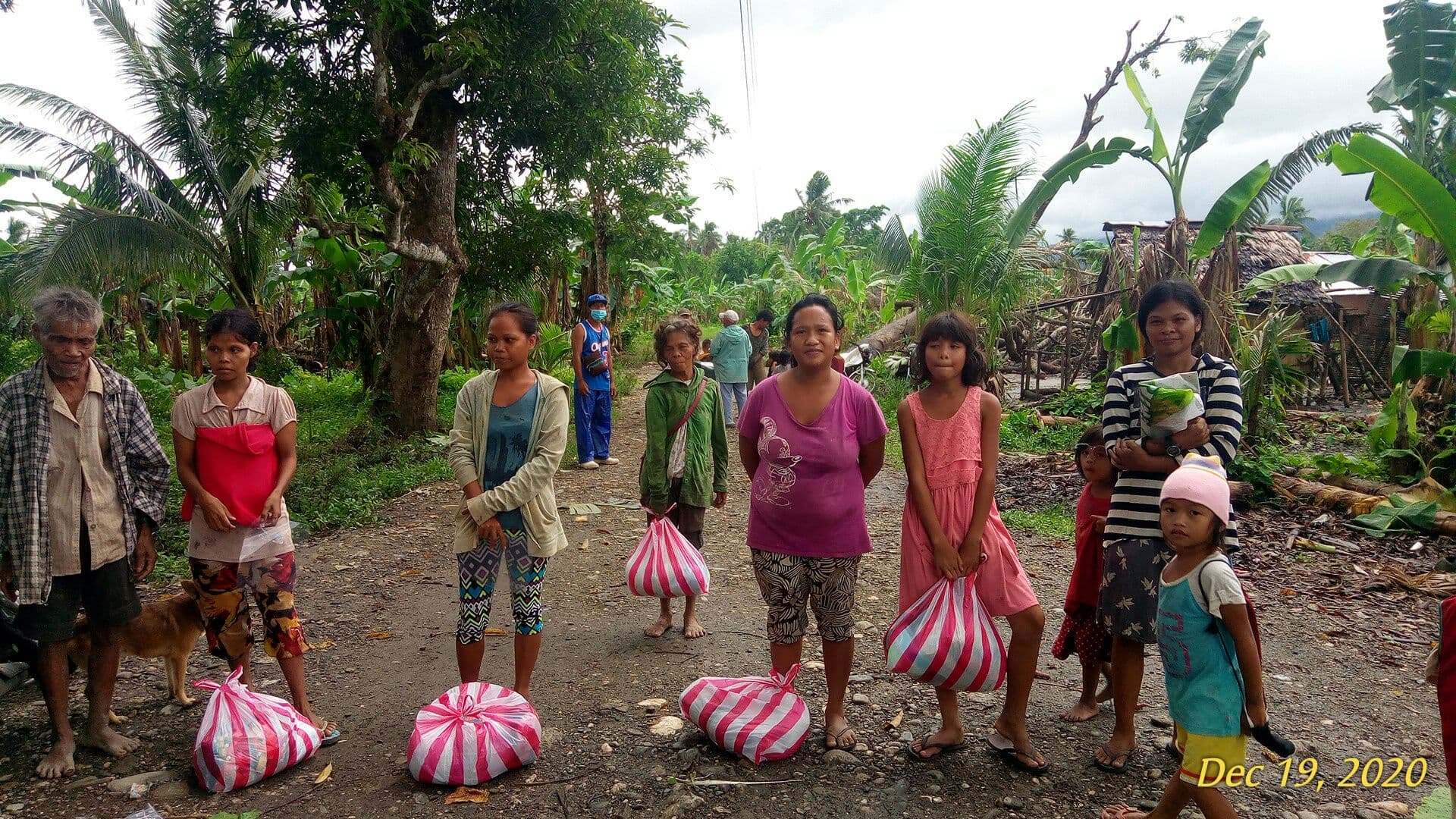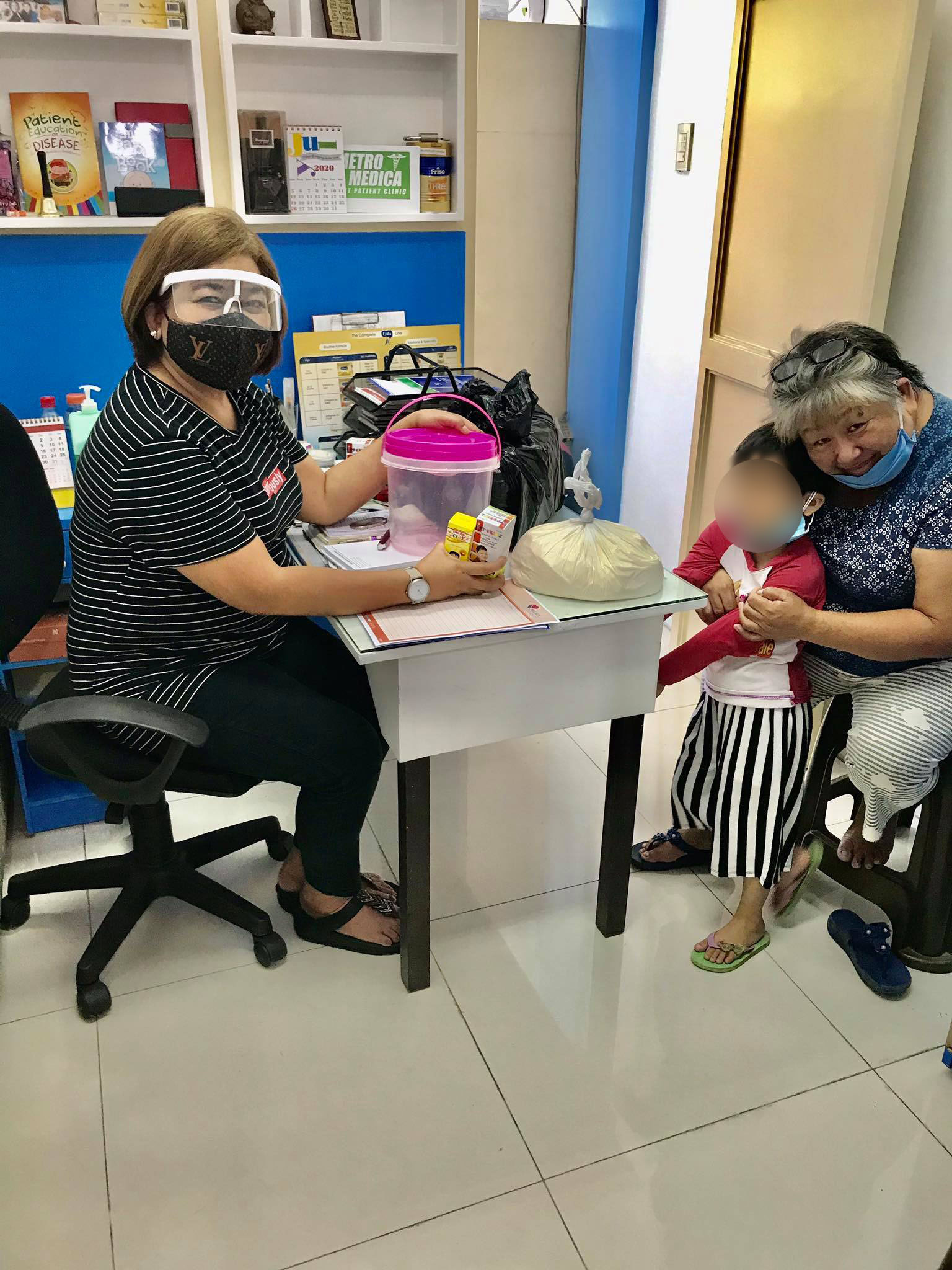News
Pioneers
Sofia de Veyra: a Pillar of Women’s Suffrage
Gota de Leche traces its roots to Asociación Feminista Filipina, which was founded 1905. The Asociación Feminista Filipina counted a number of luminaries among its founders, including members of the Women of Malolos and Trinidad Rizal, sister of our national hero. Another prominent member of the organization was Sofia Reyes de Veyra. Born Sofia Reyes on September 30, 1876 in Iloilo City, Doña Sofia became one of the most outstanding citizens in the country. She dedicated her life to civic service, and later worked as social secretary for four presidents – Manuel L. Quezon, Sergio Osmeña Sr., Manuel Roxas, and Elpidio Quirino.
With women such as Doña Sofia at the helm, the Asociación Feminista Filipina dedicated itself to the welfare of women and minors, with a special focus on infant mortality. The group also successfully pushed for the segregation of women prisoners from men at the Bilibid prison.
Doña Sofia was one of the first Filipinos to receive education direct from the original Thomasites, a group of 500 teachers sent by the American government in 1901. The exposure to the Thomasites greatly improved her english, and she became an English teacher herself in Negros Occidental. Throughout Doña Sofia’s life, education remained a key advocacy. She later led the Kilusang Sibiko at Adhikain Pangkababaihan, and in 1934 became the vice president of the Centro Escolar University.
She married the governor of Leyte, Jaime de Veyra, in 1907. When Jaime was appointed resident commissioner to Washington D.C., Doña Sofia accompanied her husband and played an active role in the diplomatic community. Upon their return to the Philippines, Doña Sofia founded the Society for the Advancement of Women, which would later be renamed the Manila Woman’s Club. The club became a part of the National Federation of Women’s Clubs, which Doña Sofia also headed.
Perhaps Doña Sofia’s greatest role was in establishing women’s suffrage in the Philippines. In the early 20th century, the common assumption among those in power was that female citizens would not be interested in voting. Even worse, the patriarchy was convinced that women engaging in politics would disrupt family life and pre-established roles.
The National Federation of Women’s Clubs made it clear that not only were women interested in voting, doing so was a duty every citizen, regardless of sex, should practice. Women voting and becoming an active part in politics would strengthen society, not weaken it.
Through the initiatives of the federation, the Philippine women’s suffrage plebiscite was finally held in 1937. The Women’s Suffrage Bill was enacted on April, 30 1937. Women’s suffrage wasn’t simply a historic act; its relevance does not rest in the past. The women’s vote is a key ingredient in society, and thanks to the efforts of people such as Doña Sofia, remains safeguarded for generations to come.
Photo courtesy of the US Library of Congress.



